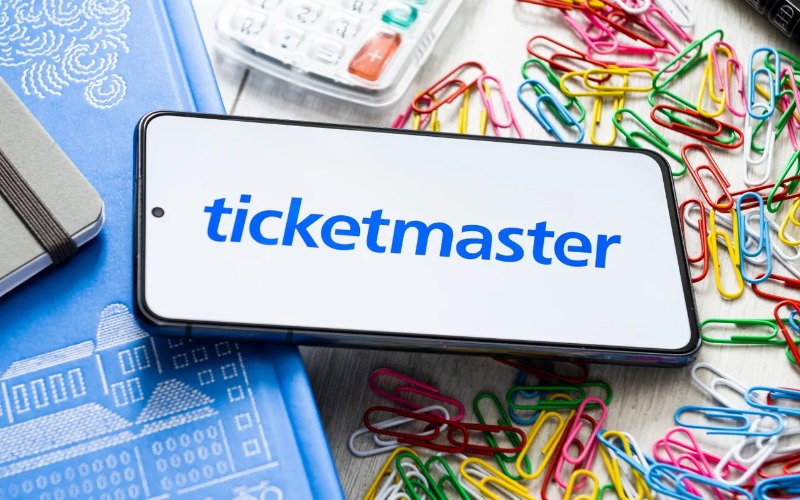


Lots has happened this past week in the tech world! With the U.S. suing to dismantle the Ticketmaster-Live Nation monopoly, Amazon deorbiting its prototype satellites, and more, there’s much to catch up on. So, let’s get started!
In a landmark antitrust lawsuit that could revolutionize how concertgoers purchase tickets, the U.S. government and numerous states sued Live Nation on May 23, accusing the Ticketmaster parent company of long-term industry dominance abuses that have harmed fans nationwide.
The anticipated lawsuit, filed in New York by the Justice Department and 30 state and district attorneys general, targets the nation’s largest ticketing platform and concert promoter. Regulators claim Live Nation orchestrated a scheme to suppress competition. The government is seeking a jury trial and the company’s dissolution.
If successful, the case could significantly alter the live events market, which faced intense scrutiny in 2022 when Ticketmaster glitches prevented millions from buying tickets for Taylor Swift’s “Eras” tour.
Amazon announced that it will begin the process of decommissioning two prototype satellites it launched in 2023. These satellites were part of an early test campaign for its Kuiper broadband internet constellation, a planned network of over 3,000 satellites set to compete with SpaceX’s Starlink.
The tech giant reported that tests of KuiperSat-1 and KuiperSat-2 in low-Earth orbit achieved a “100% success rate across our key mission objectives,” with all major systems and subsystems performing at or above expectations.
South Korea announced a 26 trillion won ($19 billion) support package for its chip industry, emphasizing the need to stay competitive in chip design and contract manufacturing amid intense global competition in the semiconductor market.
President Yoon Suk Yeol revealed that the package includes a financial support program worth approximately 17 trillion won, facilitated by the state-run Korea Development Bank, to support investments by semiconductor companies.
“As we all know, semiconductors are a field where all-out national warfare is underway. Winning or losing depends on who can make cutting-edge semiconductors first,” Yoon stated during a meeting with top government officials.
On May 22, the U.S. House of Representatives passed a bill designed to establish a new legal framework for digital currencies, despite a rare warning from the U.S. securities regulator that it could introduce new financial risks.
The Republican-sponsored Financial Innovation and Tech for the 21st Century Act passed with bipartisan support in a 279-136 vote. However, it remains unclear if the Senate will consider the measure. Proponents in Congress argue that the bill will provide regulatory clarity and foster industry growth.
The House’s approval comes as the U.S. Securities and Exchange Commission (SEC) indicates it may approve applications for spot ether exchange-traded funds, a surprising development that could benefit the industry.
Microsoft will soon enable businesses and tech developers to create AI-powered Copilots that function like virtual employees, performing tasks automatically. These Copilots will no longer sit idle, waiting for queries; instead, they will be able to monitor email inboxes and automate tasks or data entry that employees typically handle manually.
This marks a significant shift in Copilot’s functionality, aligning it with what the industry refers to as AI agents—chatbots capable of intelligently and autonomously performing complex tasks.